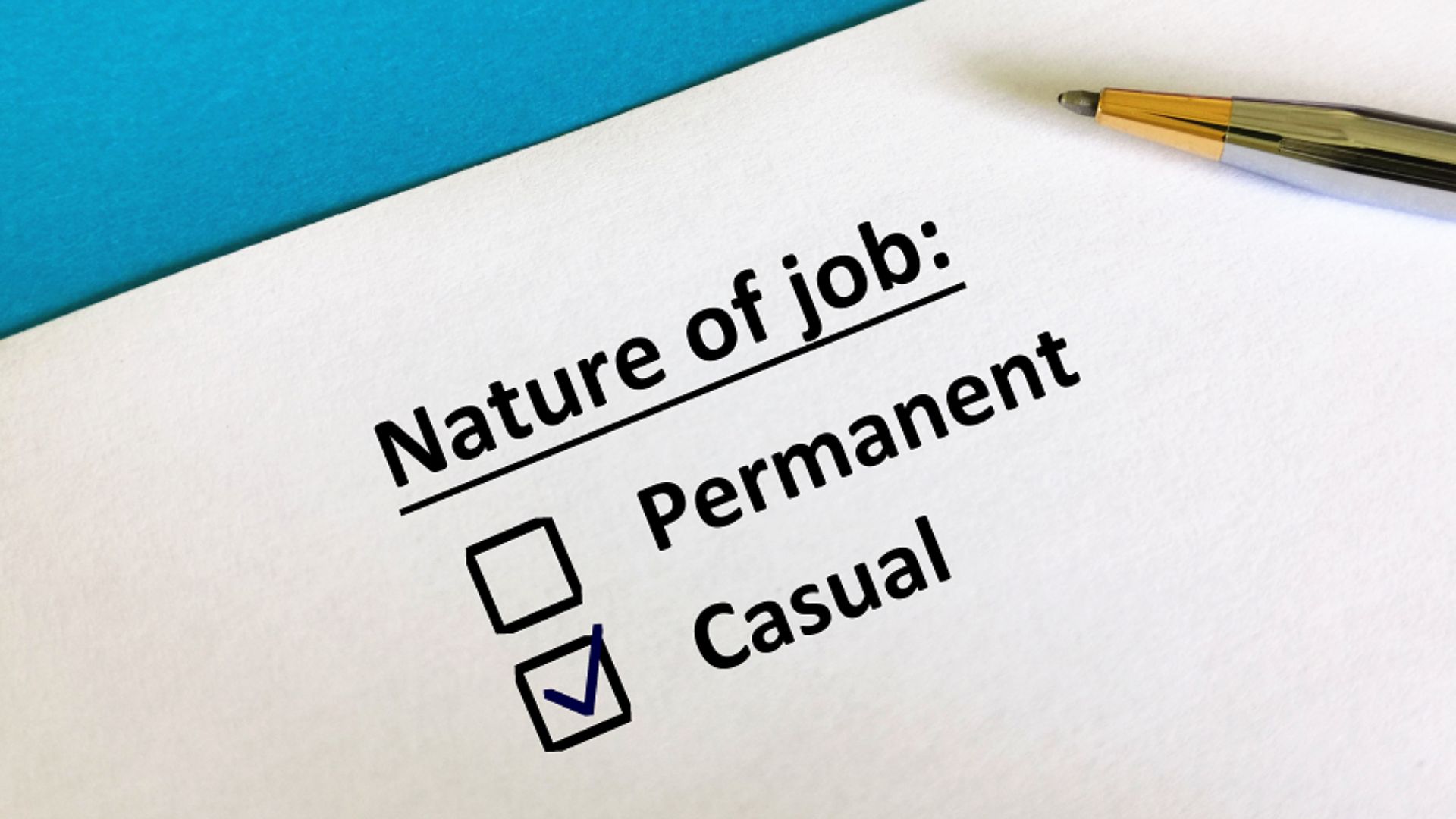Deposit bonds may be a mystery to many, but they could be the final piece of the puzzle when you’re buying your first home. Here’s what you need to know about deposit bonds.
Disclaimer: Please note our website, including this guest article, is in no shape or form designed to replace the need to obtain professional advice from experts such as Mortgage Brokers. All information on our website is general & factual in nature, and should not be relied upon. In particular, we wish to remind you that the information in this article is not designed to replace advice. We always recommend you speak to a licensed professional. Please visit our website’s Terms & Conditions for more information.
What is a deposit bond?
Think of a deposit bond as an IOU for the deposit amount you need to secure your property. It is used in place of the cash deposit required between signing the contract of sale and settlement.
Just like a cash deposit, a deposit bond guarantees your commitment to an unconditional contract of sale. Then, at settlement, you simply pay the full purchase price, including the deposit amount.
What is it not?
Sometimes there’s confusion that a deposit bond can be used as a deposit to help secure finance from your bank or lender. In fact, a deposit bond can only be used as the deposit (up to 10%) to guarantee your commitment to that purchase to the real estate agent or vendor.
Why use a deposit bond?
Deposit bonds are a smart option for any person wanting to purchase a property who doesn’t have ready access to a cash deposit. So it’s no surprise they are becoming increasingly popular amongst first home buyers who simply don’t have enough cash sitting in the bank for the deposit.

Deposit bonds can help first home buyers who are looking to buy off-the-plan!
There are lots of advantages for first home buyers using a deposit bond:
- Deposit bonds are often cheaper than borrowing
The cost of a deposit bond is often cheaper than the cost of borrowing funds to pay the deposit, or redrawing on an existing home loan. You simply pay a small fee to the provider to issue the bond, which is negligible compared to interest rates you could be facing when borrowing or redrawing. For example, if you are settling in under six months, the one-off deposit bond fee is 1.3% of the deposit bond amount – so for a $50,000 deposit bond, you pay a $650 fee. Deposit Assure’s fee calculator helps you work out how much you will need to pay.
- Deposit bonds are a flexible option when using a family guarantor
It might be pretty easy to ask mum and dad to leverage the equity in their home to obtain a family guarantee loan. But the next hurdle is how do you come up with the cash deposit or supplement the savings you have worked hard to achieve? A deposit bond is a convenient option. The deposit bond acts in the place of a cash deposit, but you don’t have to provide cash until settlement, when your finance comes through. So, both you, your parents and the vendor are happy.
- Deposit bonds are quick and easy
It takes almost no time to apply and obtain a deposit bond (especially if you choose the right deposit bond provider!). In most cases, all you need to do is sign a simple application form and provide the finance approval letter. In most cases, the deposit bond can be issued within 1-3 business hours.
- Deposit bonds can be used for auctions
Auction bonds are a special type of deposit bond that can be used to buy property at auction. Think of it as a blank cheque. If you have the winning bid, you simply write in the amount of the deposit and hand it over to secure your purchase. If you aren’t successful at the first auction, you can use the deposit bond for the next and the next, until you are successful. And if you don’t use it, your auction bond can usually be refunded (depending on your deposit bond provider) if it is returned within 30 days of issue, unused.
How does the application process work?
Applying for a deposit bond is much easier than you might think.
Step 1: Speak to your real estate agent or developer. Deposit bonds are becoming more and more acceptable as a way of paying your deposit, especially amongst developers, but it’s always best to check. Most real estate agents and developers will only accept deposit bonds if they are backed by an ‘A+ Stable’ rated insurer, so choose your deposit bond provider with that in mind.
Step 2: Find a deposit bond provider. Choose your deposit bond provider carefully. Not only should you look for one that makes it quick and easy to apply, but it’s also important to select a provider who offers deposit bonds underwritten and backed by an ‘A+ Stable’ credit rated company. This will provide certainty to vendors, developers and real estate agents that your bond will be honoured.
Step 3: Check your eligibility. Your deposit bond provider will assess your situation and ensure you are eligible for a deposit bond. As a quick test, generally if your property settles within six months, and you have secured formal finance approval, then yes – a deposit bond provider should be able to arrange a deposit bond on this basis.
There are situations where you may not yet have formal finance approval – for example, if you are buying an off the plan and settling in 24 months. In this case, you can look at a deposit bond so long as mum and dad also agree to be a guarantor for the deposit bond amount.
Step 4: Gather supporting documents. The supporting documents you need depend on your application type, so your provider will tell you exactly what you need.
Step 5: Complete application. Sign your paperwork and pay your deposit bond fee to complete the application. That’s it! Once approved, your original signed deposit bond will be sent to your nominated recipient, usually your solicitor or conveyancer.
RECAP
Flexible, easy to arrange, low cost – it’s no wonder more first home buyers are looking to deposit bonds to secure their property purchase. Here are three facts you need to remember about deposit bonds:
- A deposit bond is not a loan, so there’s no interest.
- It guarantees your commitment to an unconditional contract of sale.
- It’s ideal if you don’t have access to the 10% cash deposit immediately – but know you will have by the time of settlement.
Want to learn more about deposit bonds and how they could help you purchase your first property? Get in touch with Deposit Assure. Their deposit bond concierge team will assess your situation and if a deposit bond is what you need, they will guide you through the entire process, from start to finish.
Written By
Deposit Assure


